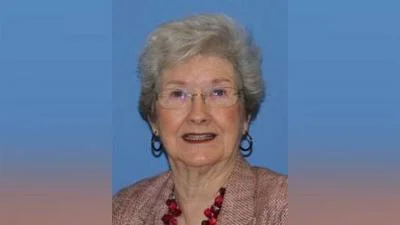HB2462 is something of a Trojan horse piece of legislation, according to Dr. Amy Farmer Derick: On the surface, it looks great, but what's on the inside is bound to do a lot of damage.
Derick, a dermatologist and business owner, recently joined radio hosts Dan Proft and Amy Jacobson on their "Chicago Morning Answer" show to discuss the bill, which is intended to strengthen the Equal Pay Act of 2003 by barring employers from performing job screenings based on wage history, requiring potential hires to already meet a certain income bracket, or expecting applicants to disclose income history to obtain or advance in a job.
Proft is a principal of Local Government Information Services, which owns this publication.
Derick owns dermatology offices in Elgin, Barrington, Arlington Heights and Crystal Lake, which in total employ 180 people, 150 of whom are women. She said she supports equal pay in practice and doesn't think there's a call to legislate it.
"As someone who supports women, (this proposal) doesn't allow me to ask for someone's previous salary or verify the salary that they say they had," Derick said. "There are legitimate reasons to ask for someone's previous history, regardless of gender, because it's important in negotiating someone's contract."
She said rather than protecting women, the measure will hurt honest businesses that are trying to do right by their employees.
"In a case like me, who's surely not discriminating against women, it penalizes everyone, because it makes it illegal for everyone to ask that question," Dr. Derick said. "It's important in negotiations to know what that person is leaving, because then you're able to negotiate (a contract) that's mutually beneficial. I would feel bad if I had someone move into our state making $65,000, and I was offering $70,000. It would be a lot more pressure as an employer because that person is making such a sacrifice to move."
Derick said current business law already takes care of the situation because no one is actually required to tell their salary. It comes down to a decision between the business doing the hiring and the person applying.
"It's a freedom of information exchange between two consenting parties," she said.
Micromanaging by determining what an employer can ask greatly affects the entire hiring process, Derick said.
HB2462 is currently under review by the Senate after earning House passage.






 Alerts Sign-up
Alerts Sign-up